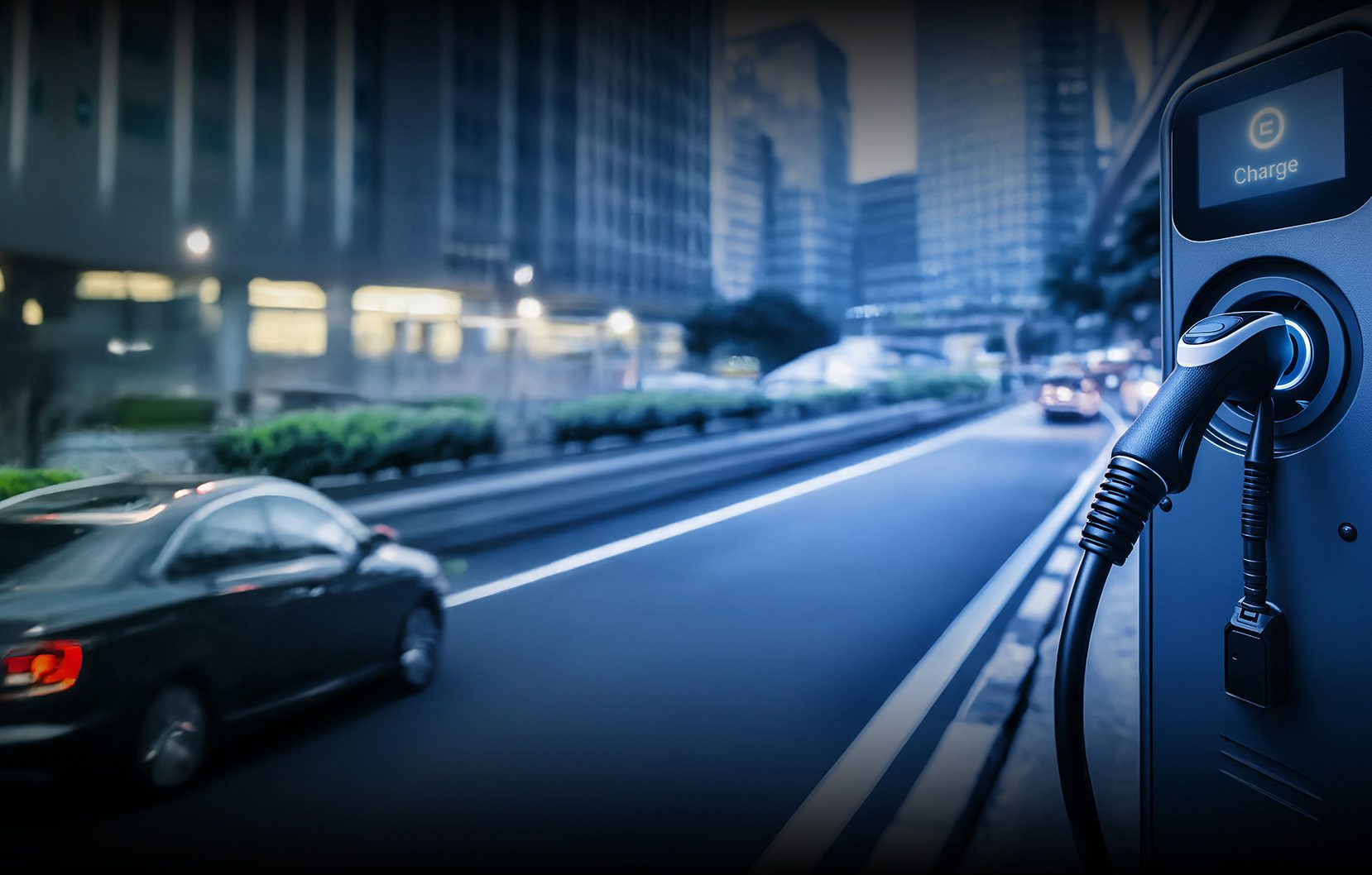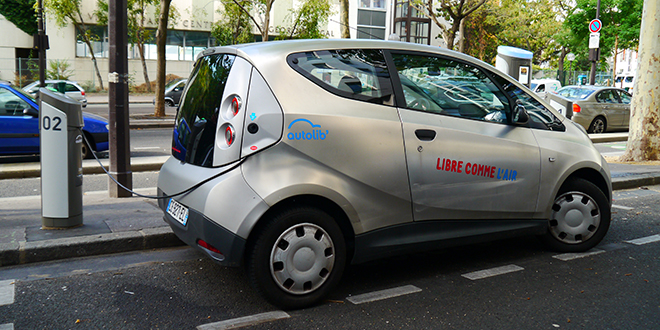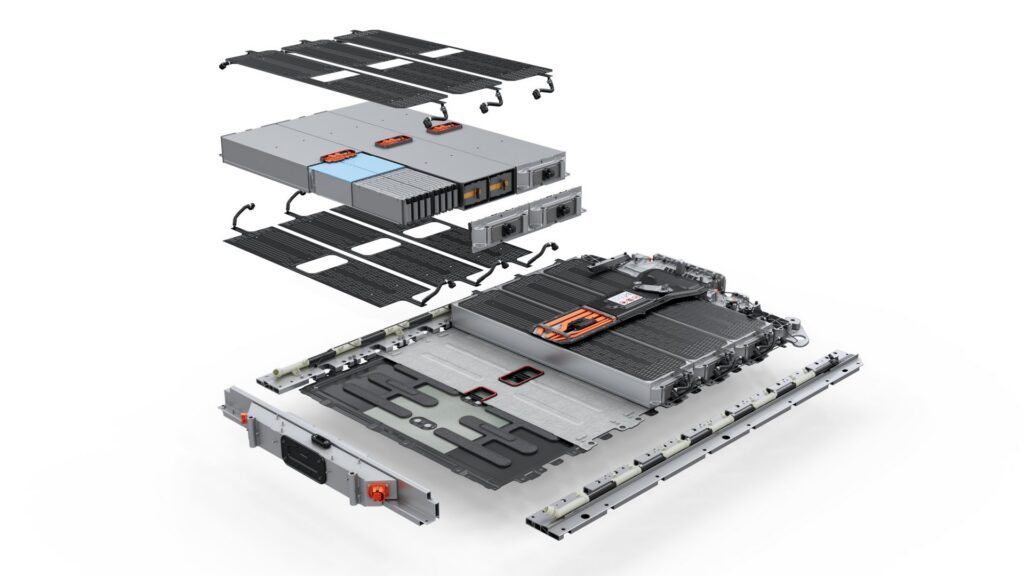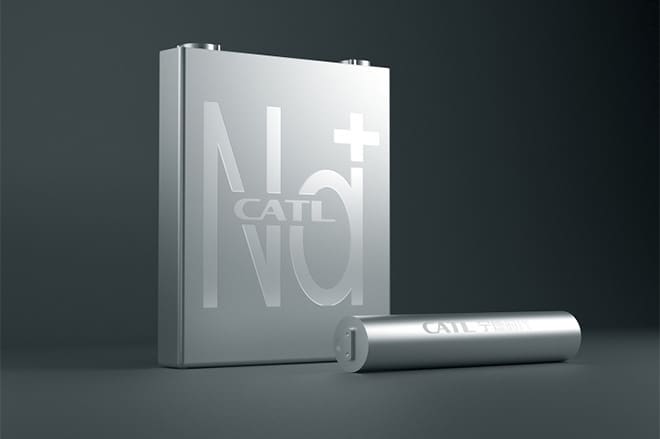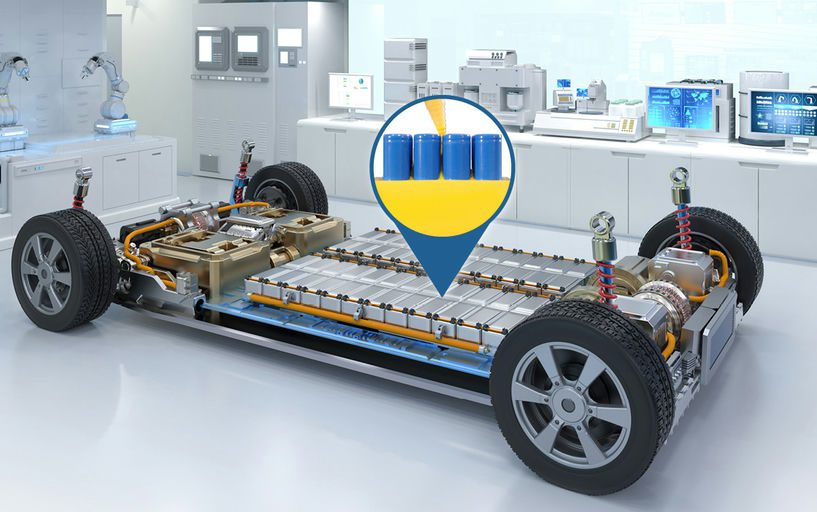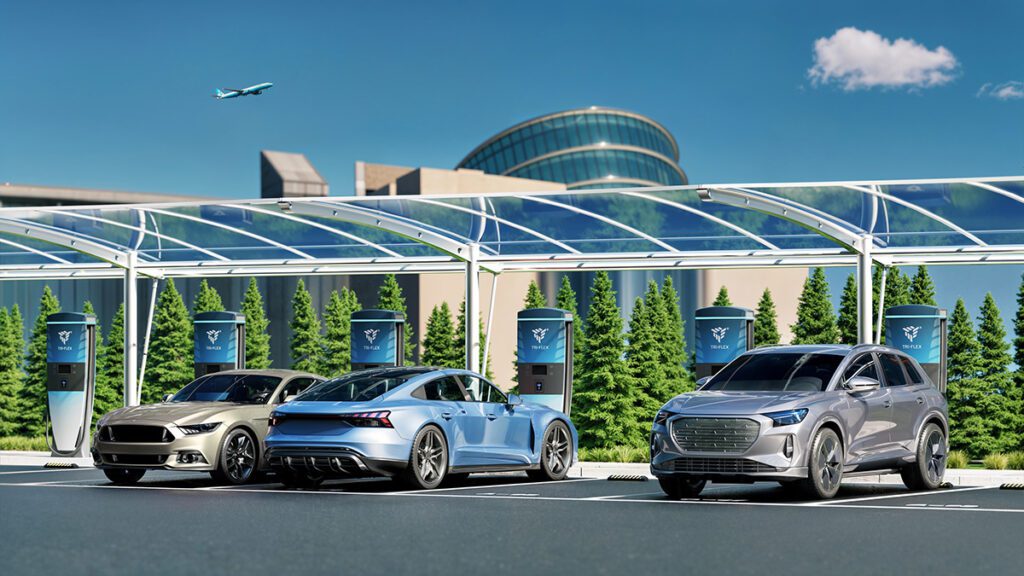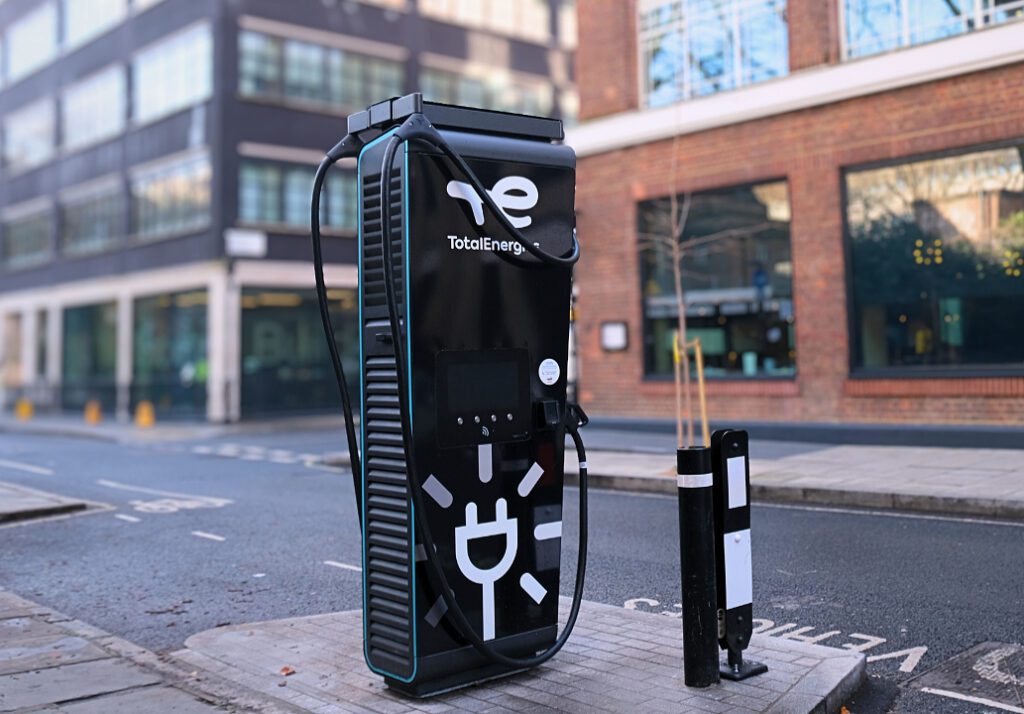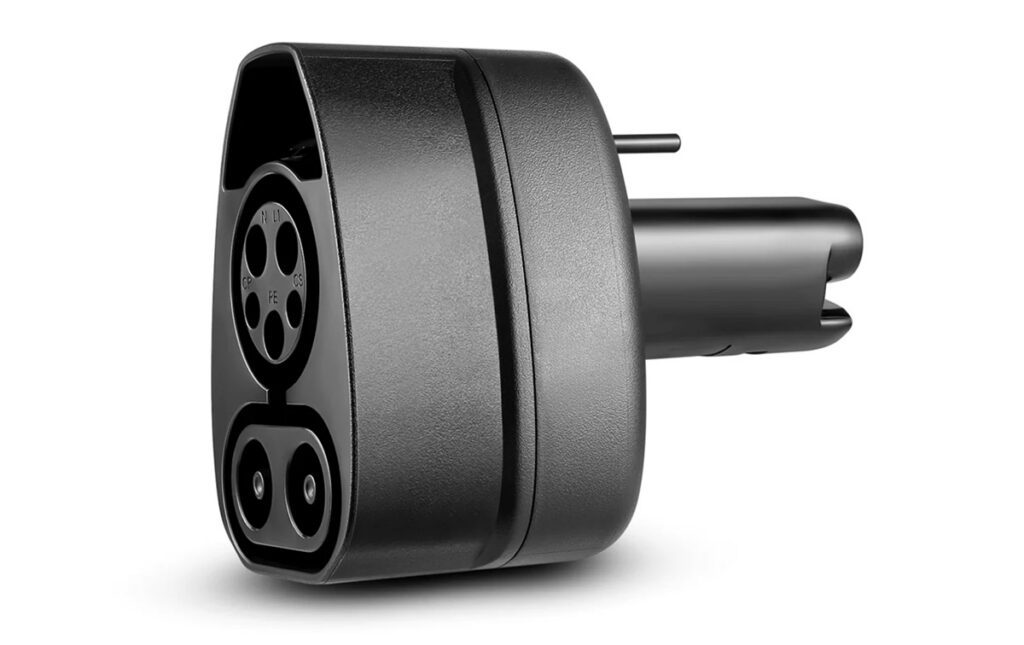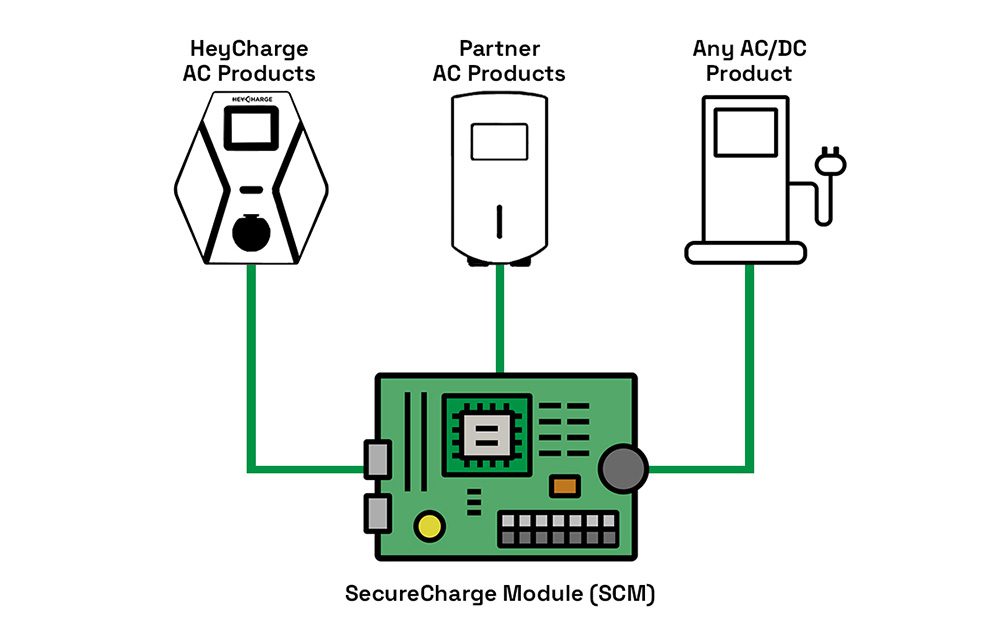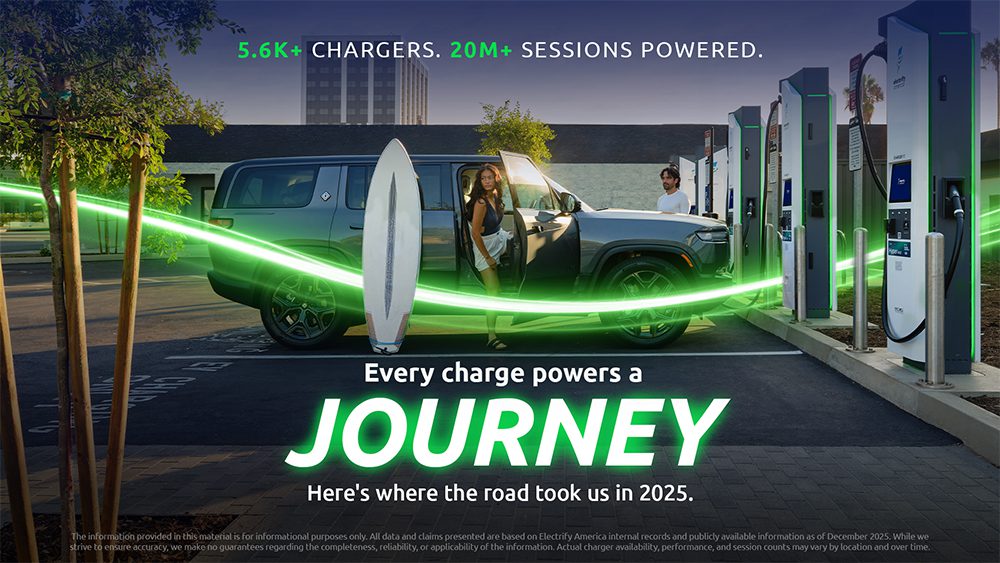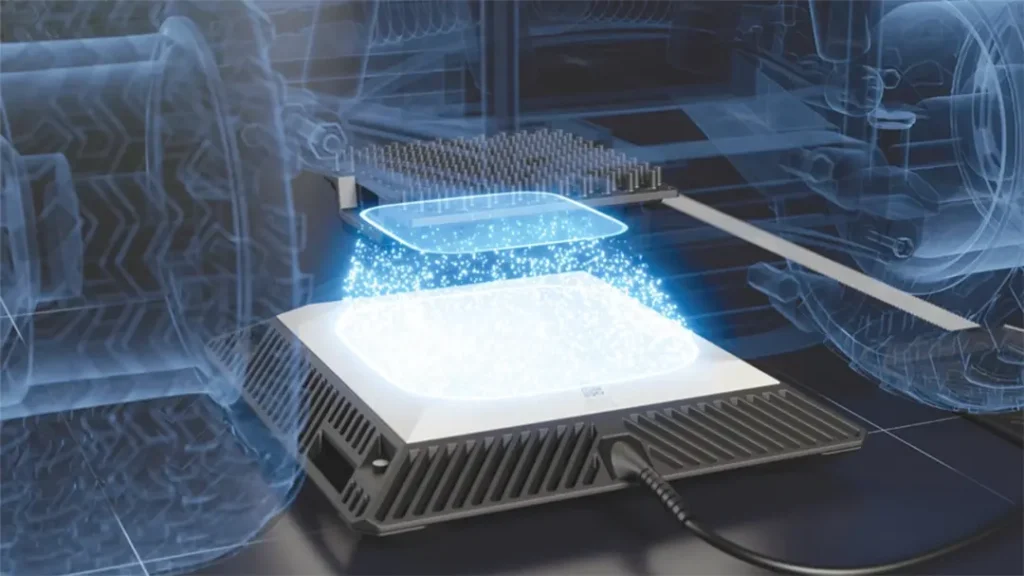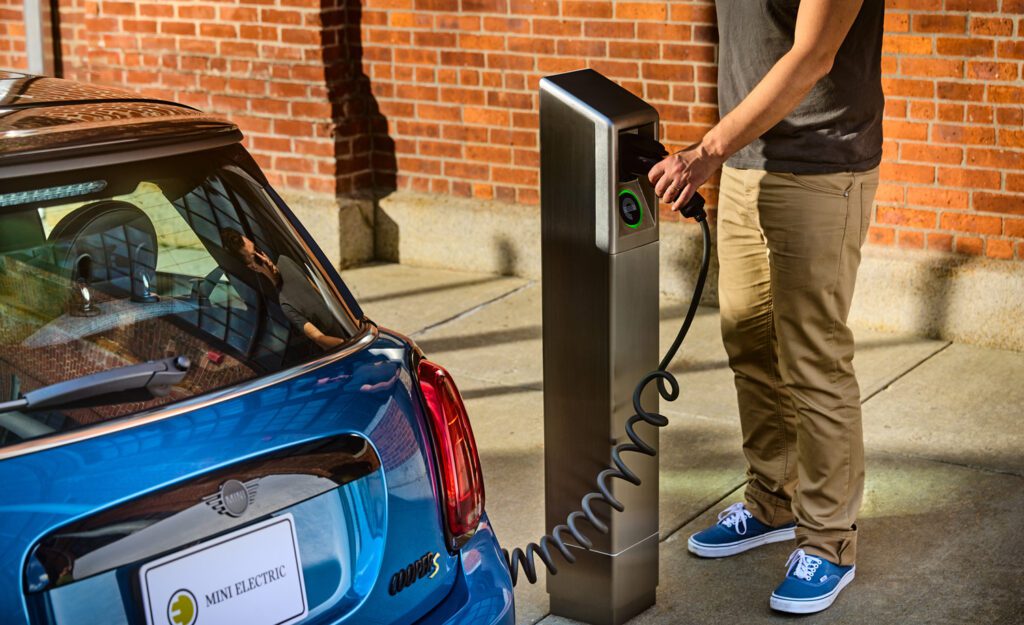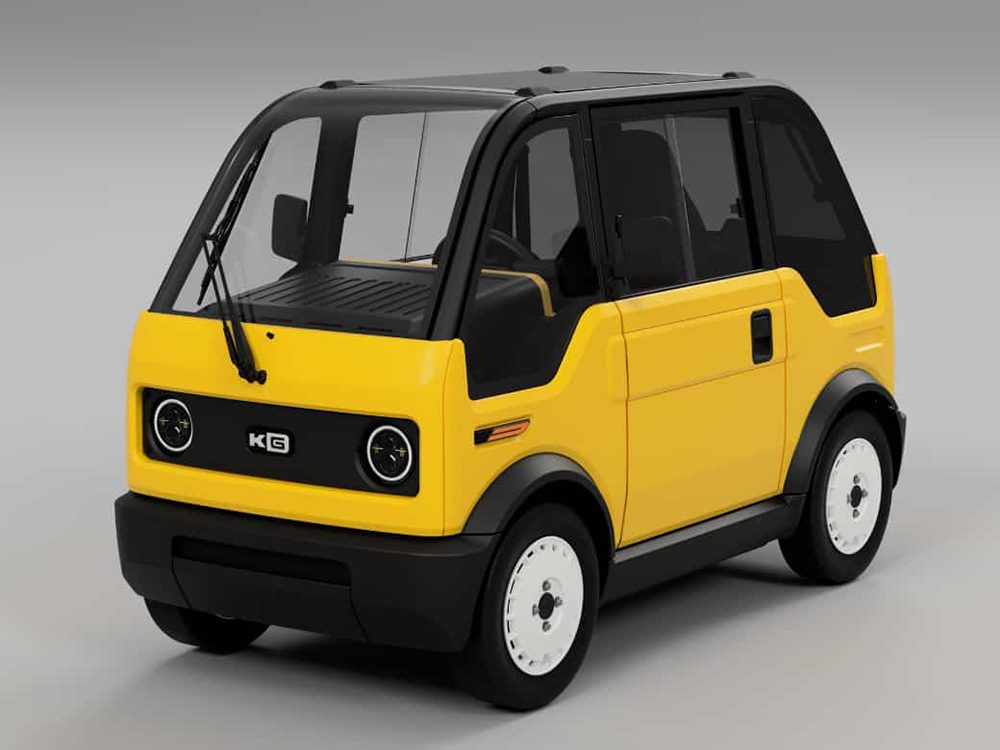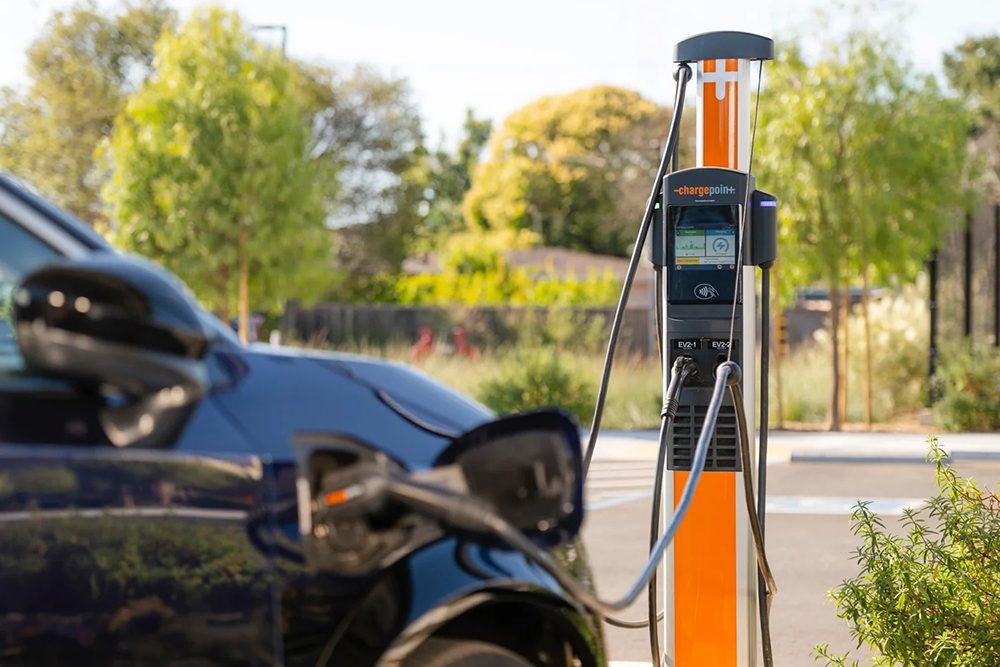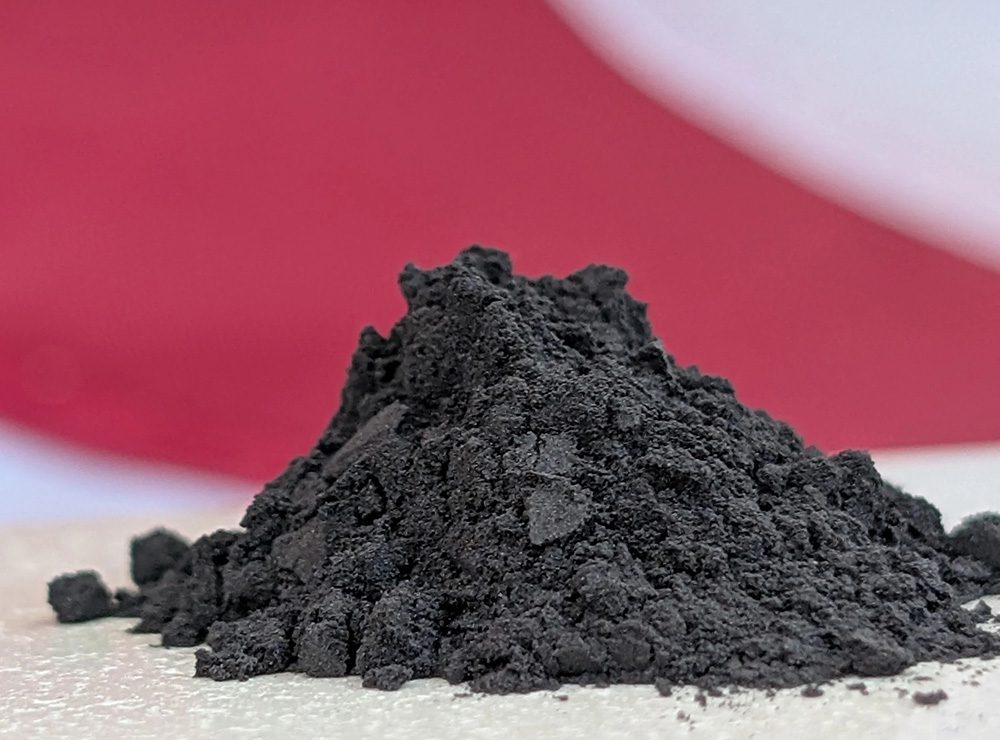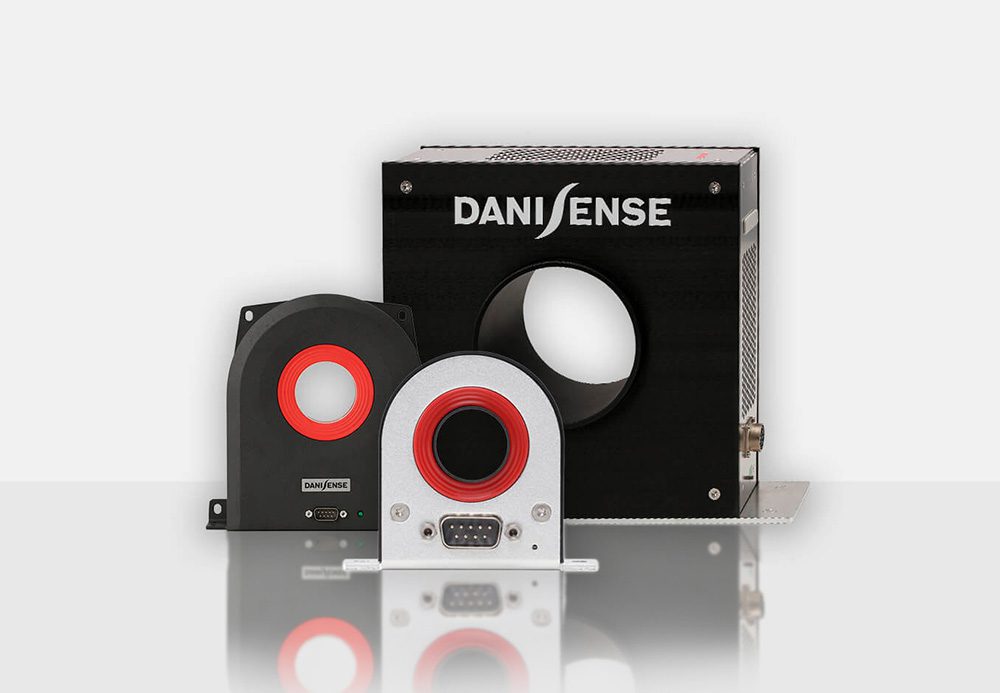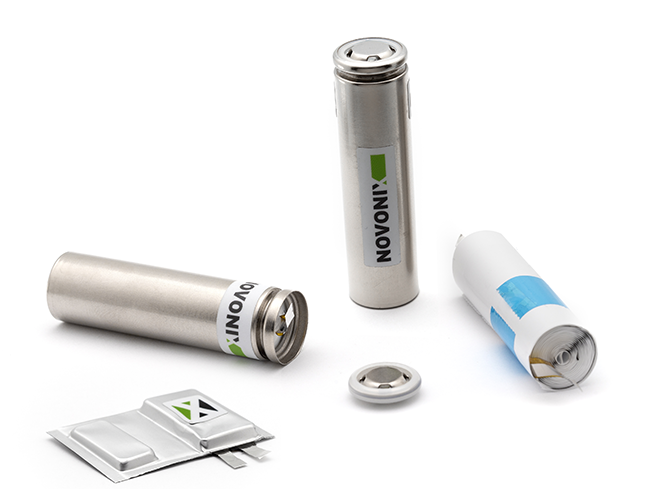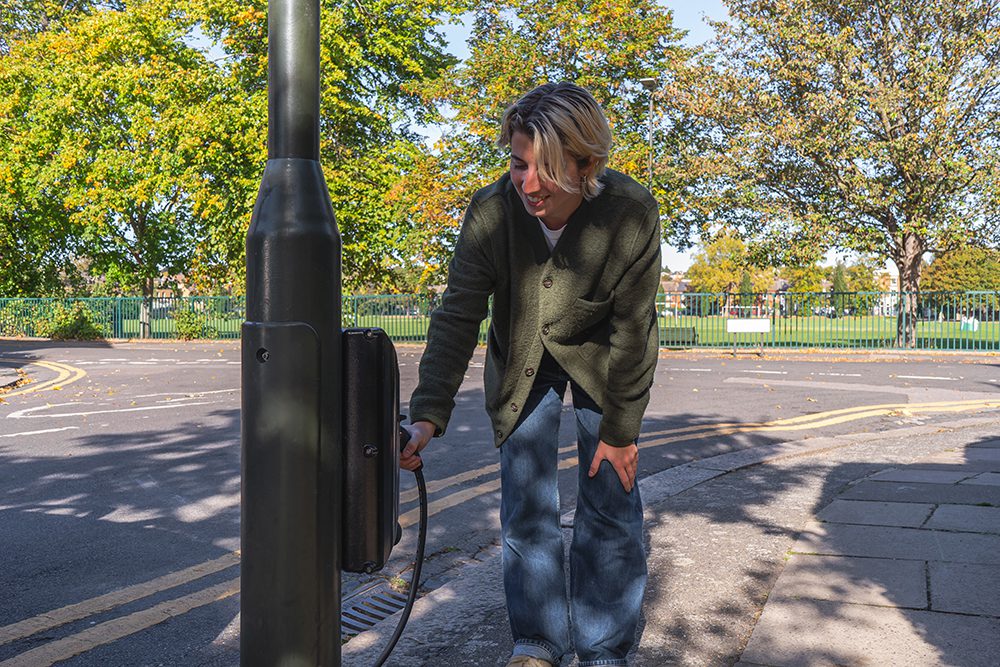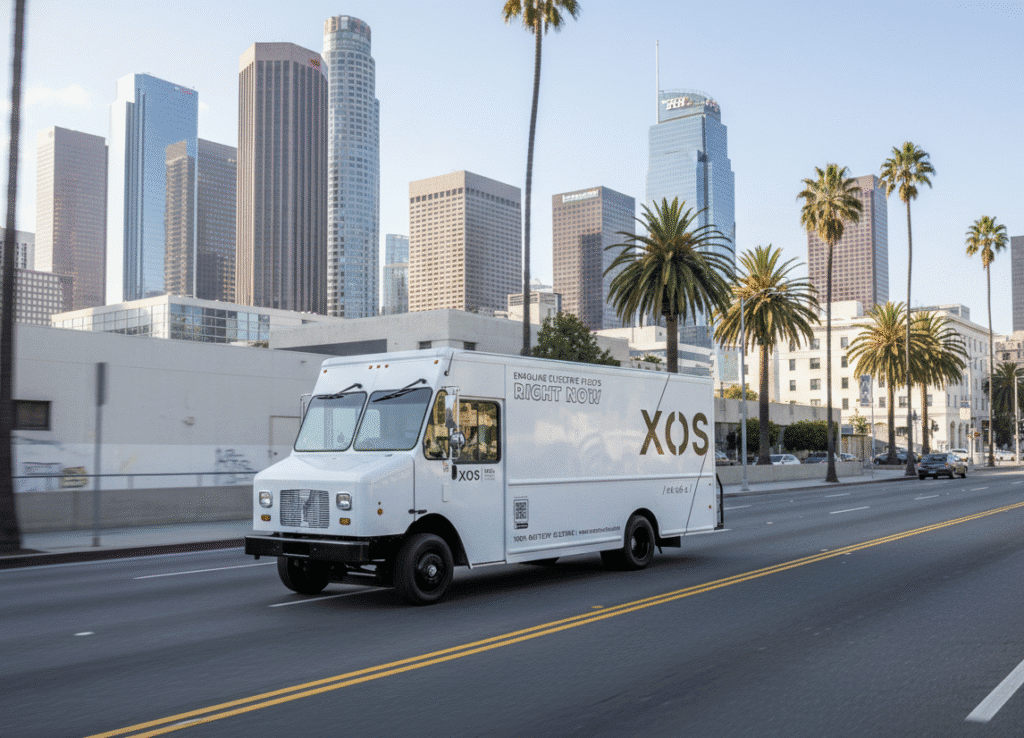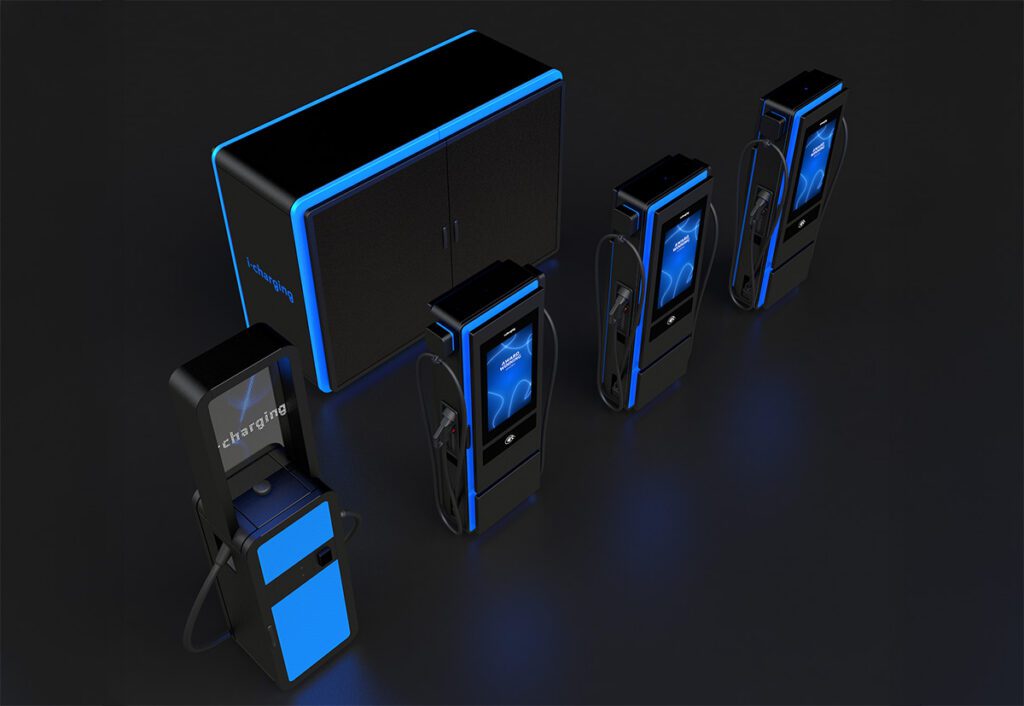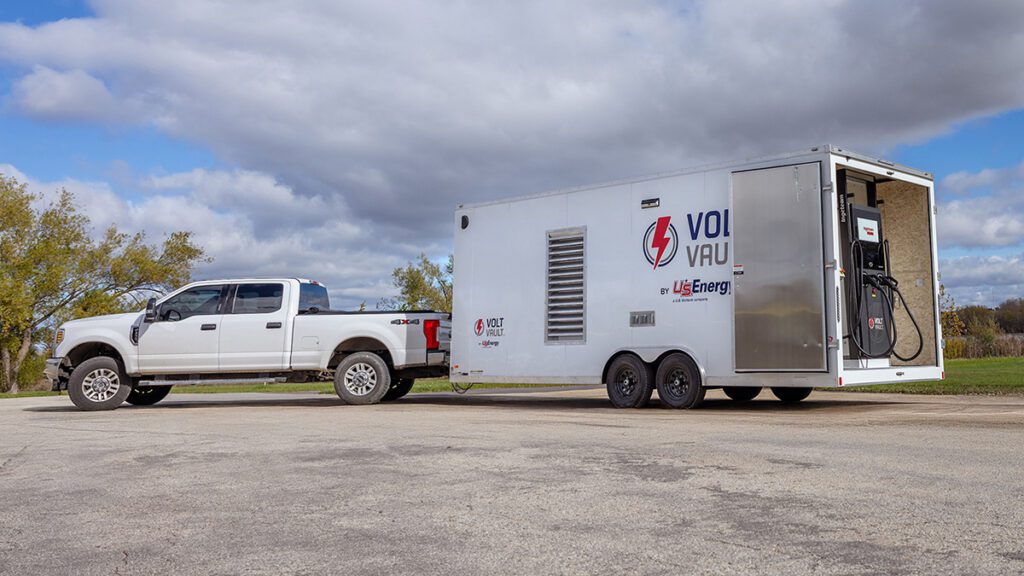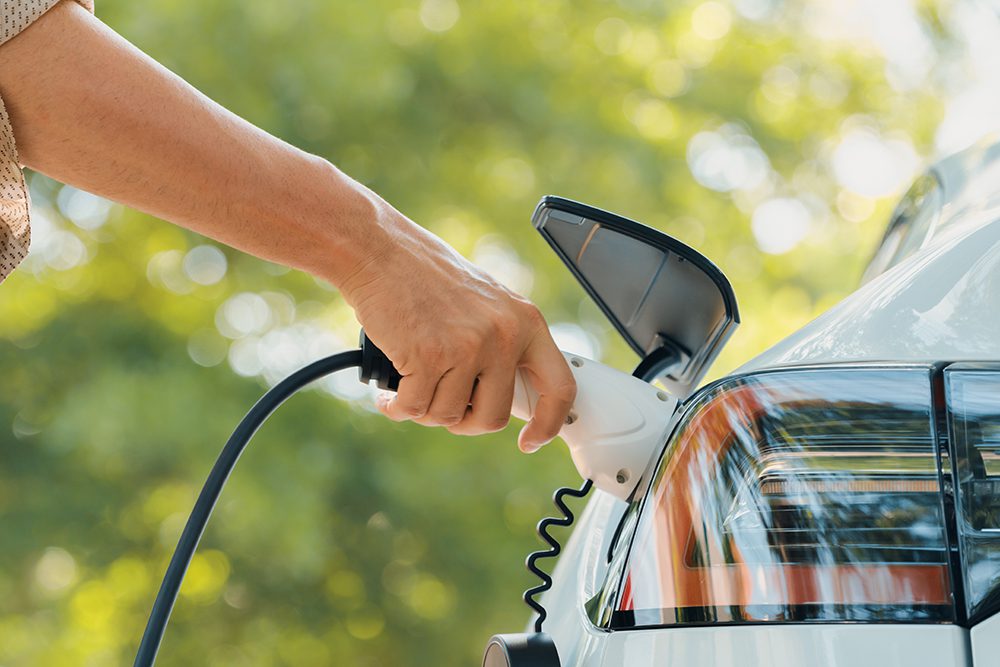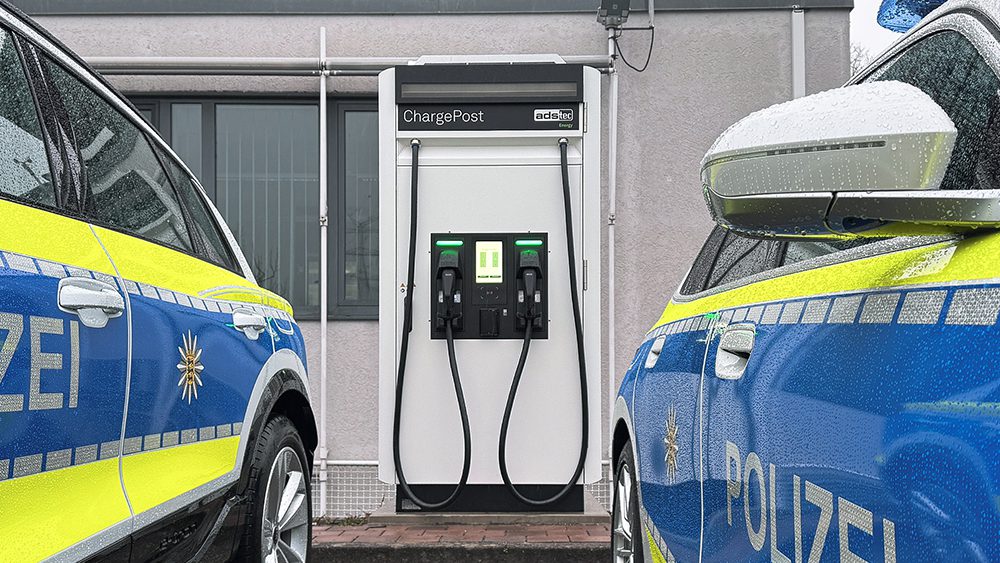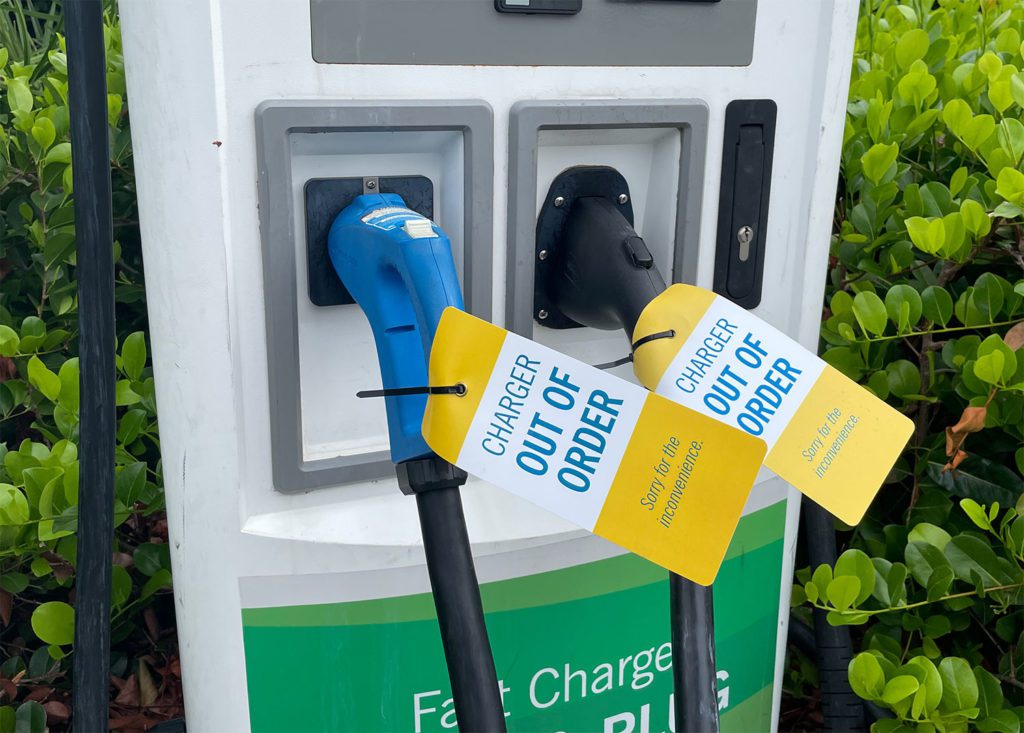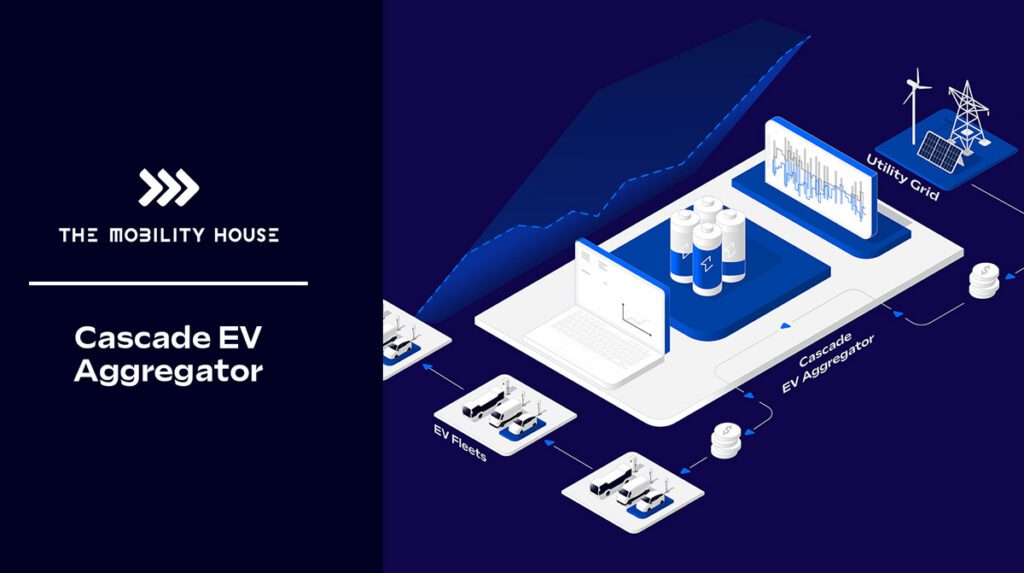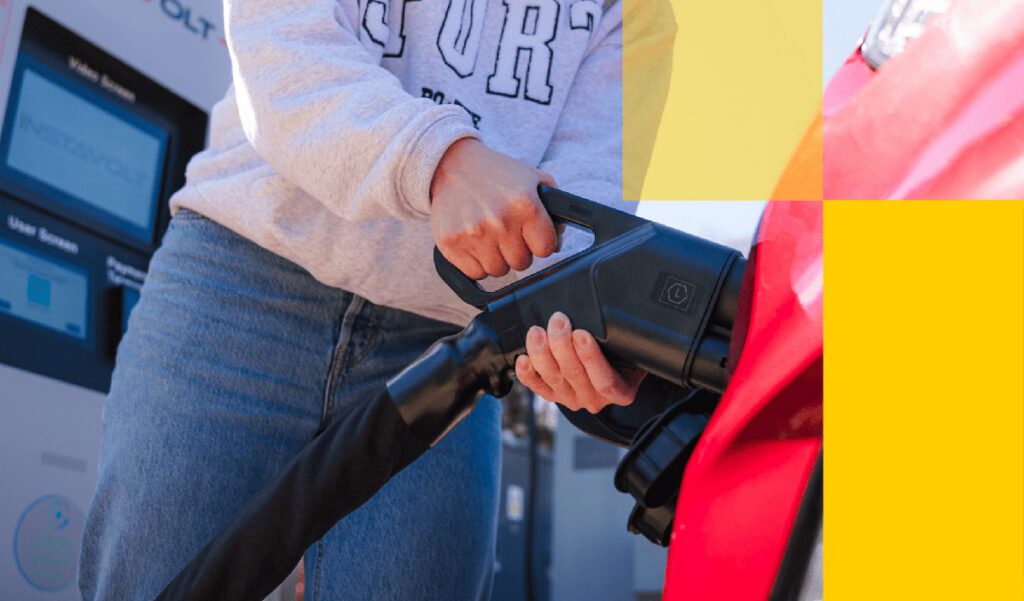Electric car-sharing service Autolib has become a hit in Paris and two other French cities since its 2011 launch, and now boasts a fleet of over 3,500 EVs. Corporate parent the Bolloré Group also has a fleet of electric Bluebuses operating on Parisian streets, and has been working on bringing electric car sharing to Indianapolis – that service is expected to begin operating by the end of summer.
The next frontier is London, where French billionaire and EV entrepreneur Vincent Bolloré recently unveiled a UK version of his company’s Bluecar – in London red, and with right-hand drive. Bolloré said the London car sharing service will start in early 2016 with 50 cars, expanding to 3,000 by 2018.
BluePoint London, another Bolloré company, operates a network of 1,400 charging stations in the capital, which is scheduled to expand to 6,000 by 2018.
“We regard the UK as a global hub for the creative industries…including clean transport solutions,” said Mr. Bolloré.
But there’s more to Mr. Bolloré’s electric plans than car sharing and charging. The vehicle used by Autolib and its newborn siblings, the Bluecar, is built by Renault in collaboration with Bolloré. And here’s the kicker: it uses batteries built by yet another Bolloré division. Solid-state batteries.
As reported by the New York Times, Bolloré’s long-term plans include selling its lithium metal polymer batteries to other carmakers.
REPORT: Designing Lithium Metal Polymer Batteries for Safety published by Avestor, a battery technology company acquired by Bolloré in 2007
“They definitely have an interesting technology,” said Yasmina Barin, an analyst at the Swiss bank SYZ. “The question is whether this technology is massively superior to the ones on the market.”
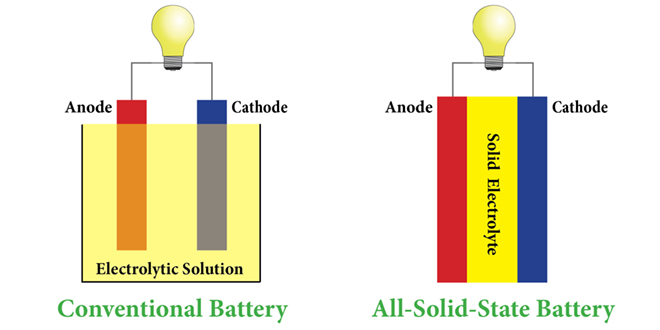
Many see the potential in solid-state batteries – which use a solid, dry electrolyte – and companies such as Seeo, Sakti3 and Quantumscape, with support from major OEMs, have products in the pipeline. However, no other company has attempted to vertically integrate batteries, vehicles and a car-sharing application.
“He’s pursuing something different from what everyone else is doing,” said Lux Research analyst Cosmin Laslau, “and that has put him ahead of the curve.” However, Laslau cautions that solid-state batteries currently offer no major performance advantage over the plain old Li-ion type, which legions of researchers are working overtime to improve upon. “That will make lithium-ion a moving target, very hard to beat.”
Be that as it may, Mr. Bolloré seems like a hard charger. The NYT estimates that he has invested over €3 billion in EV-related enterprises.
“It was extremely risky,” said Jean Bothorel, author of Bolloré: A Family History. “That’s the way Mr. Bolloré works. When he launches or purchases a business, he goes all out to make it work.”
Source: New York Times
Image: Mic (CC BY 2.0)

